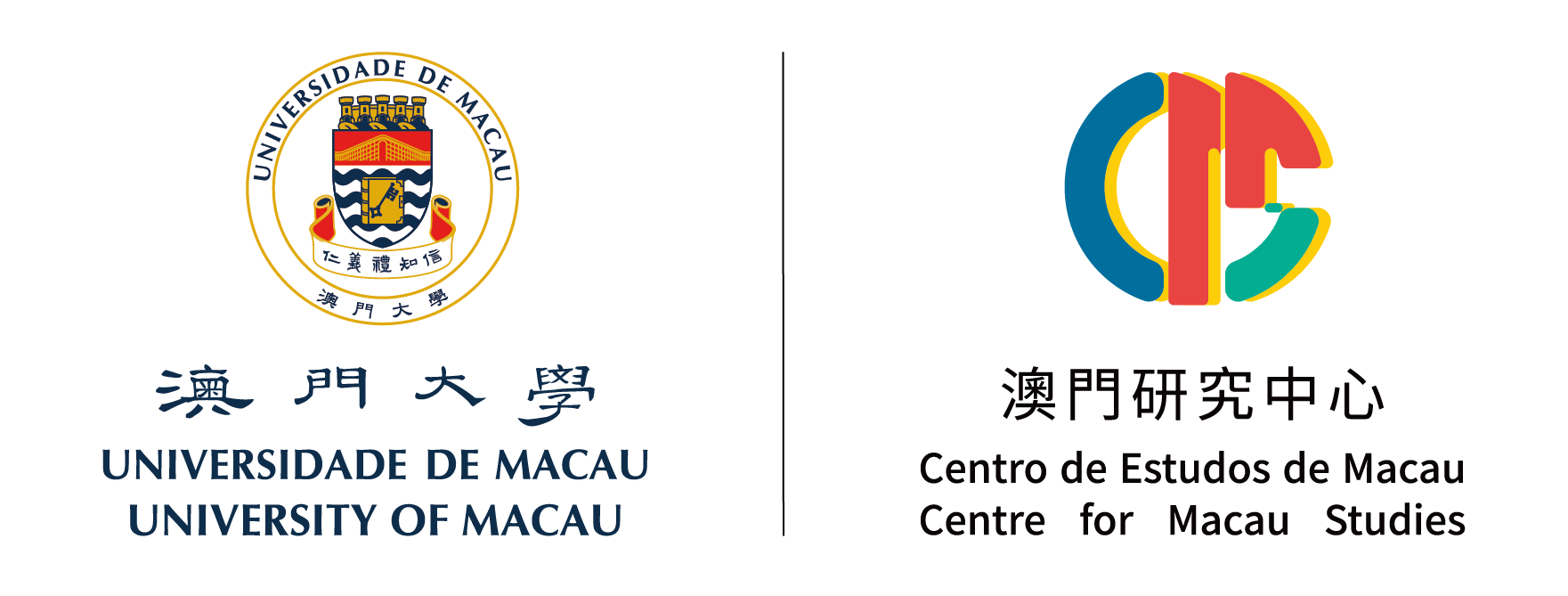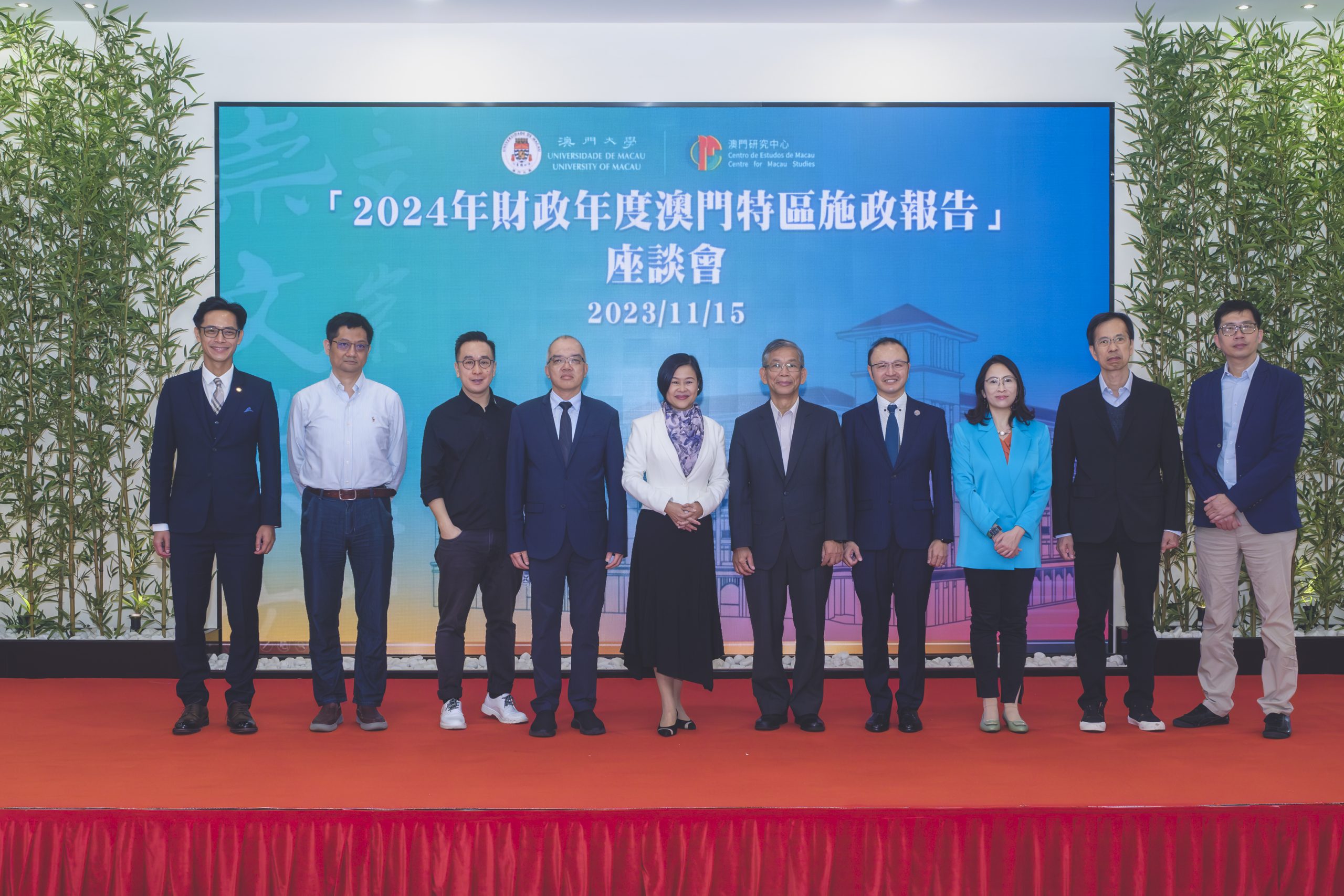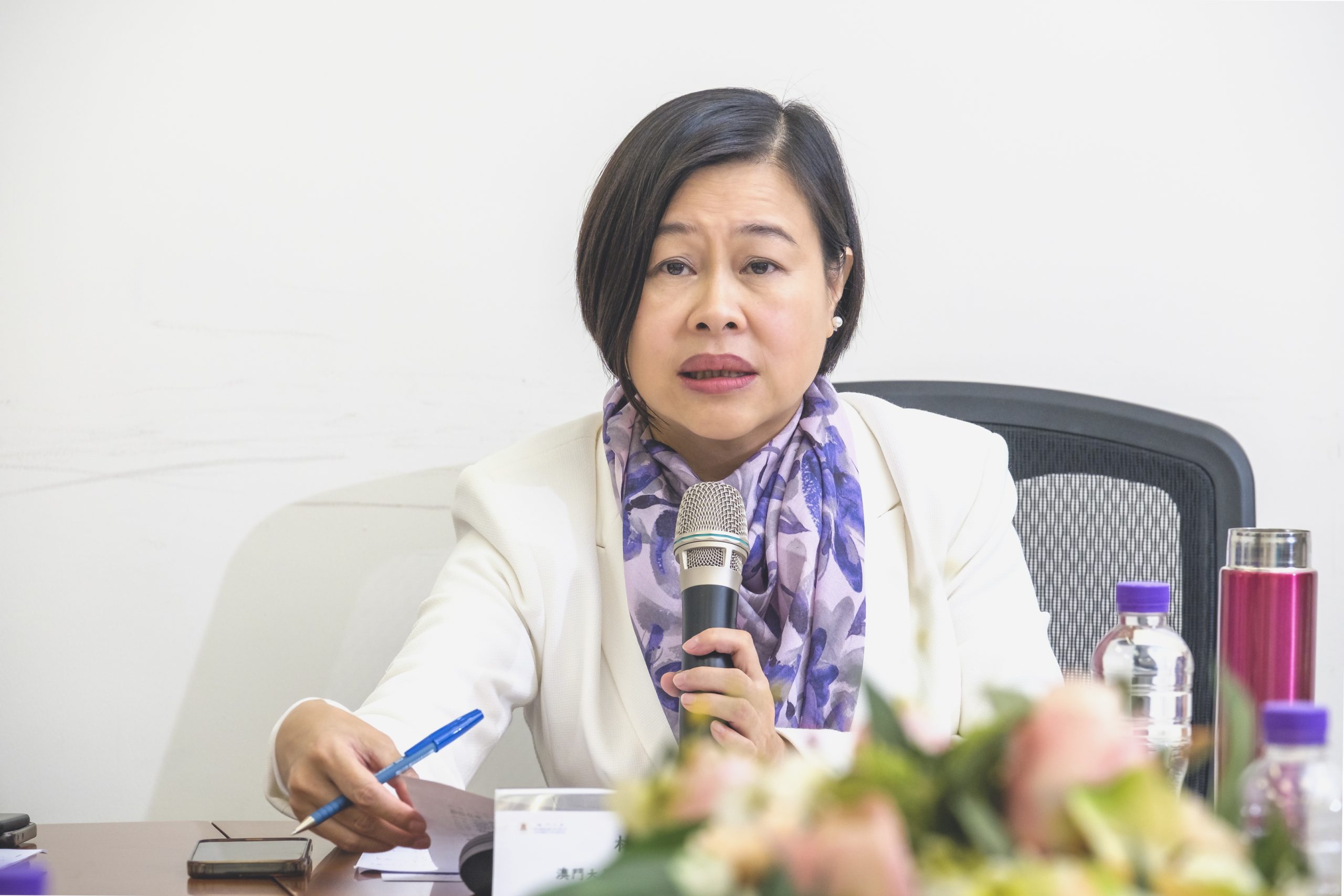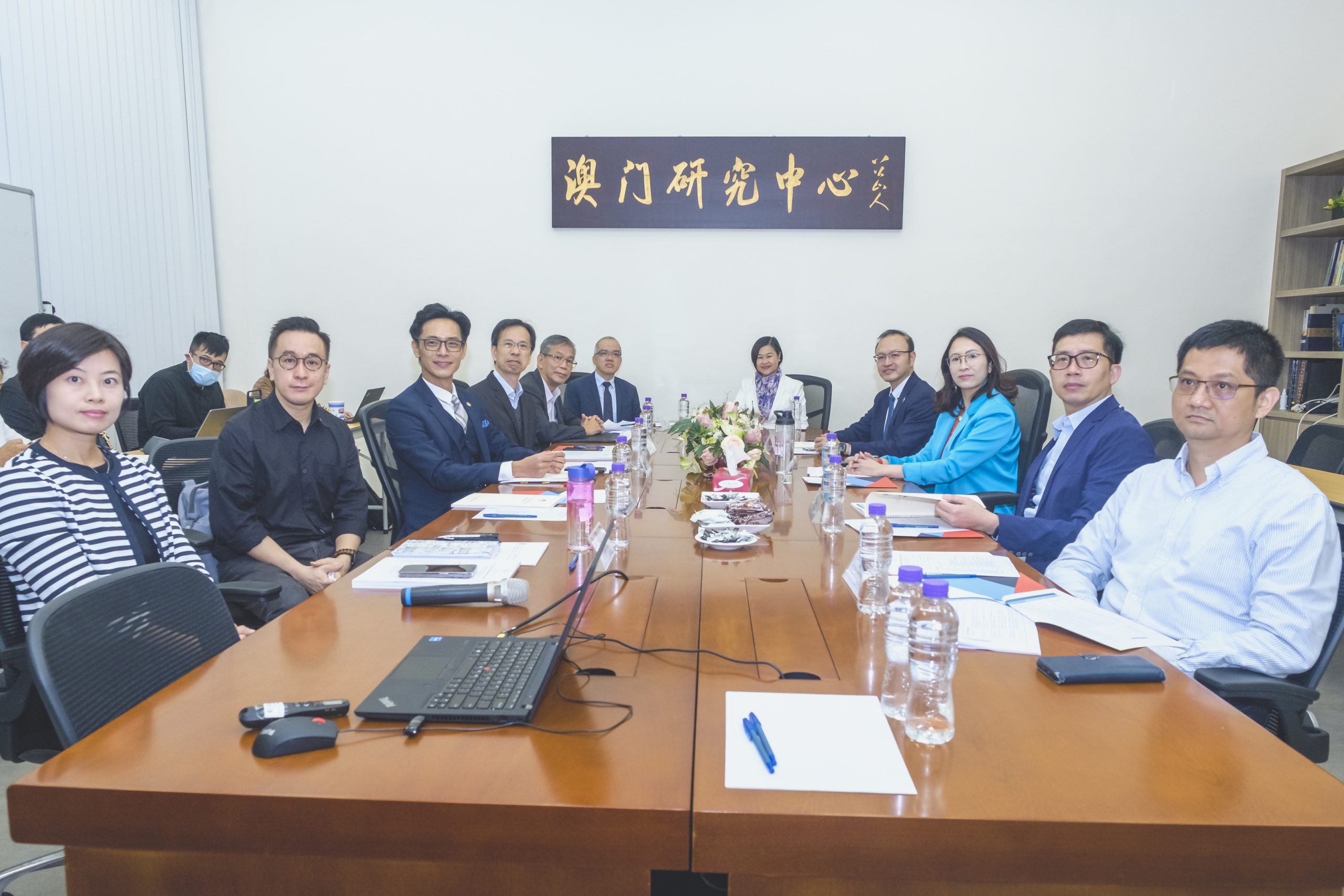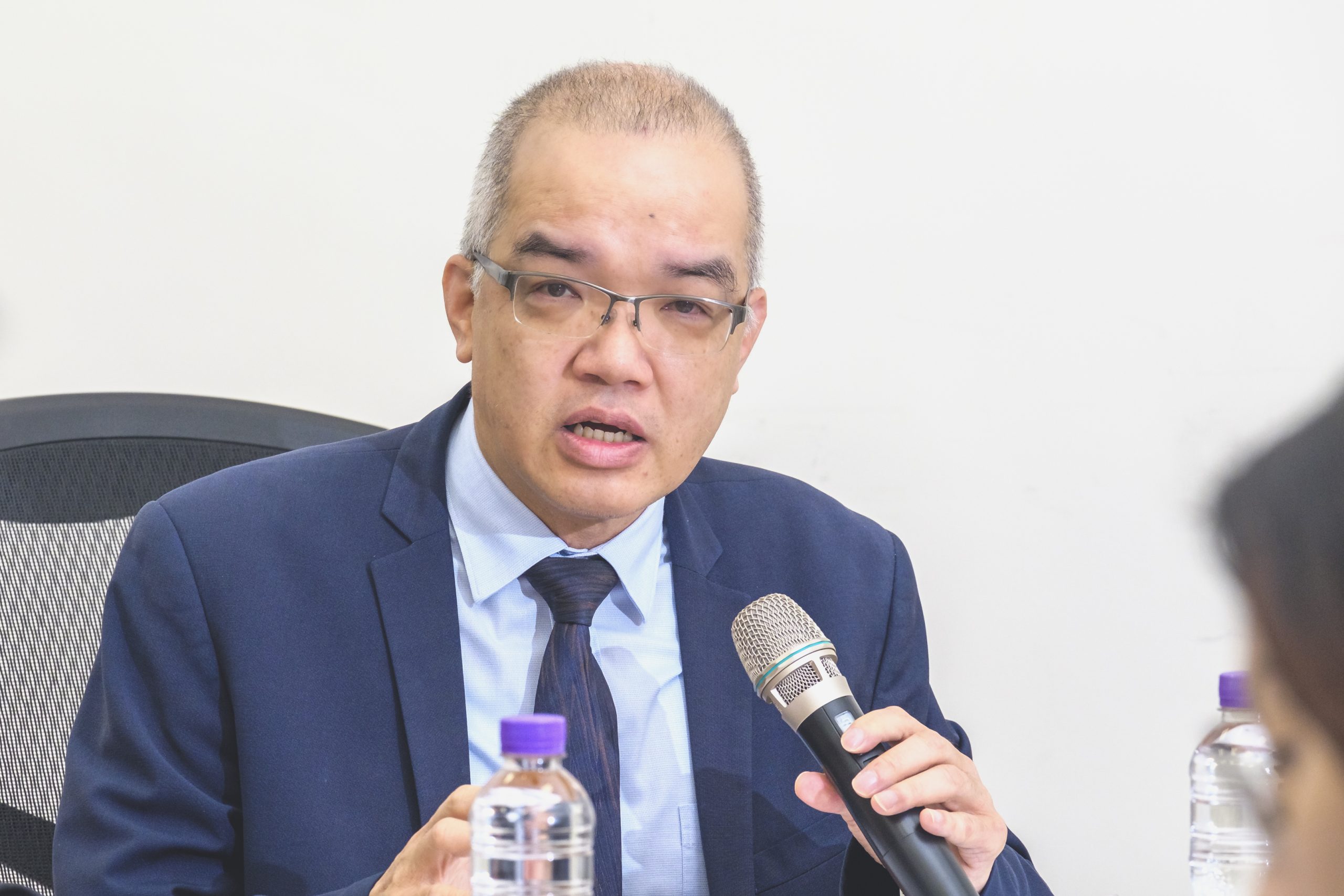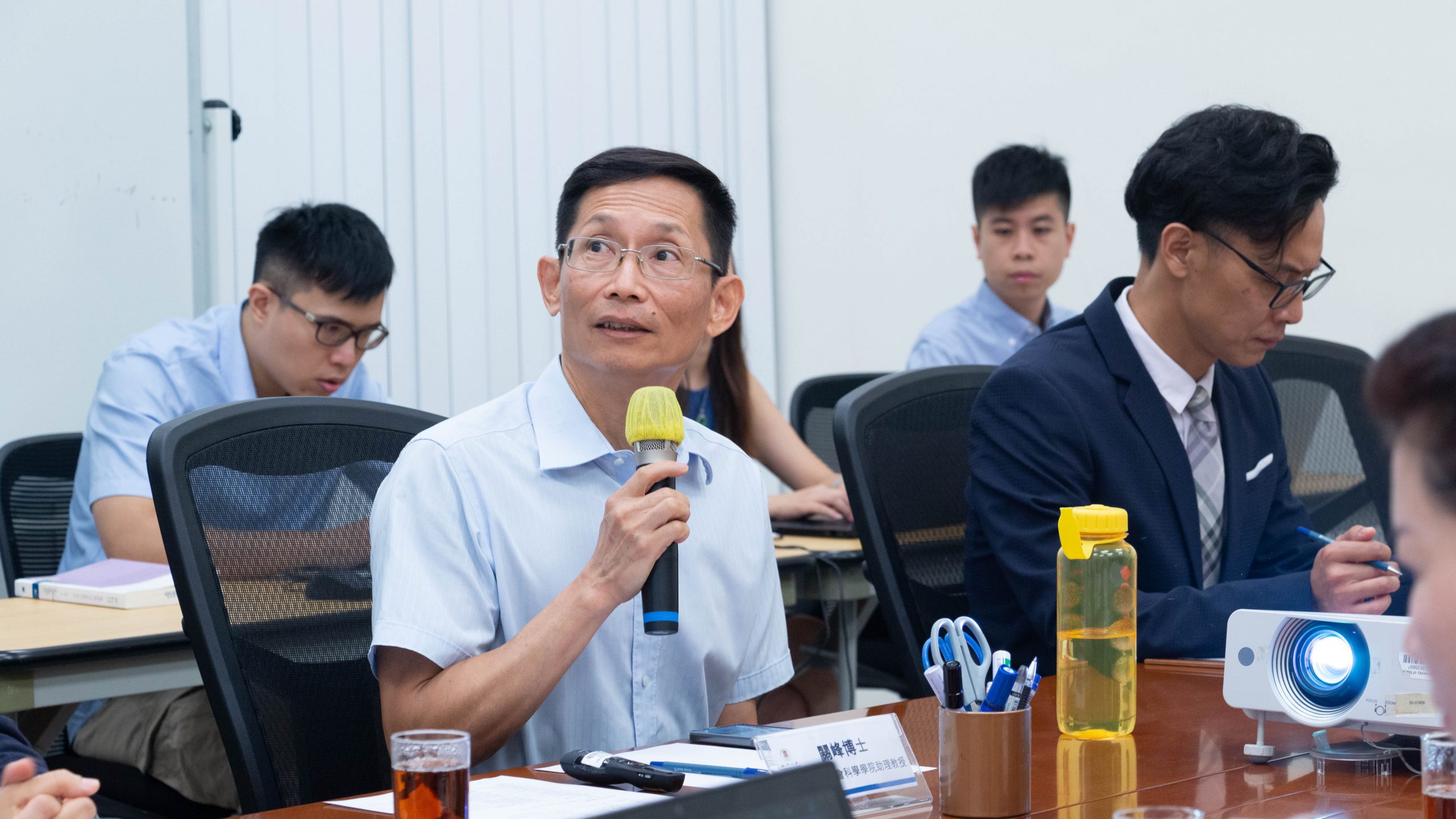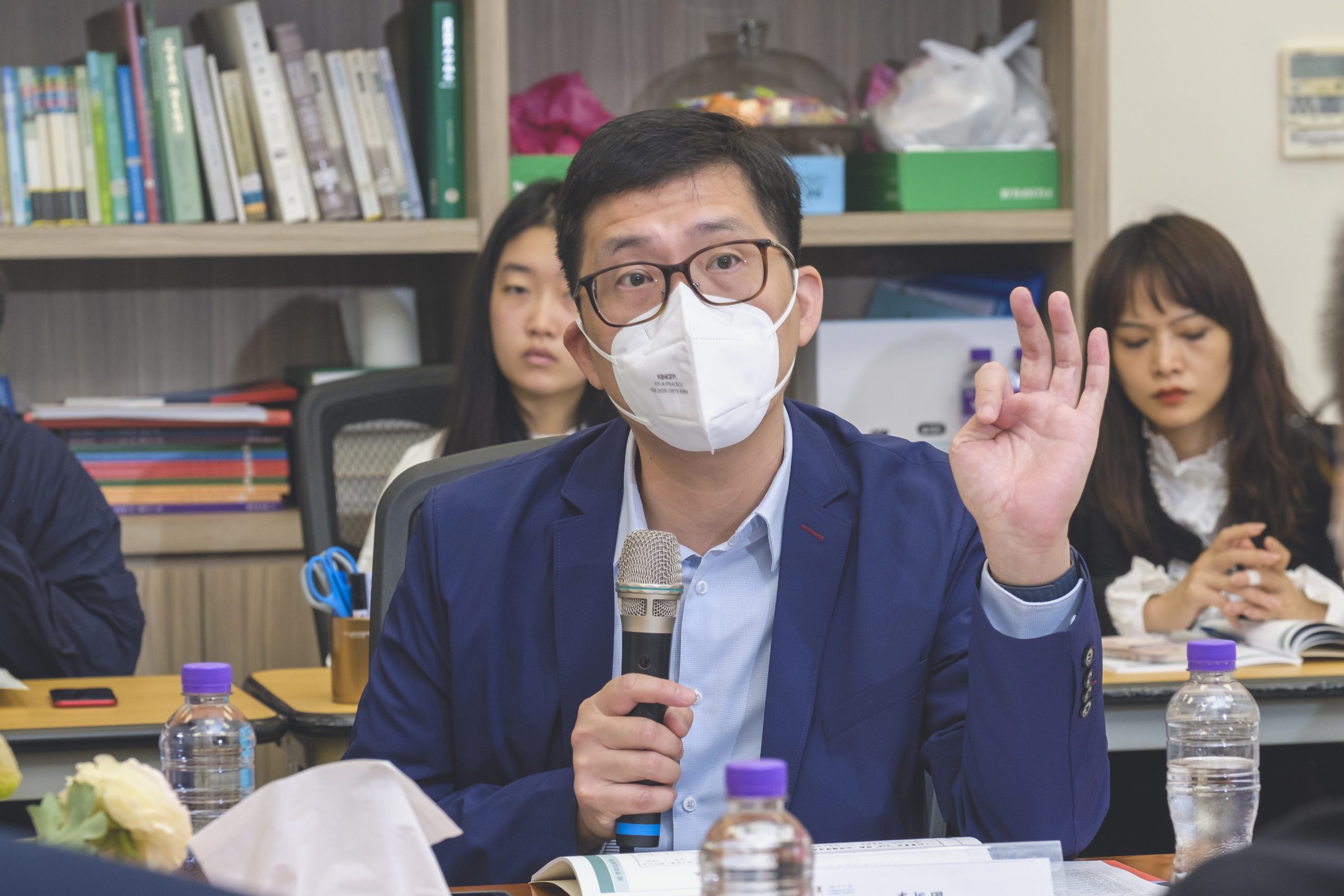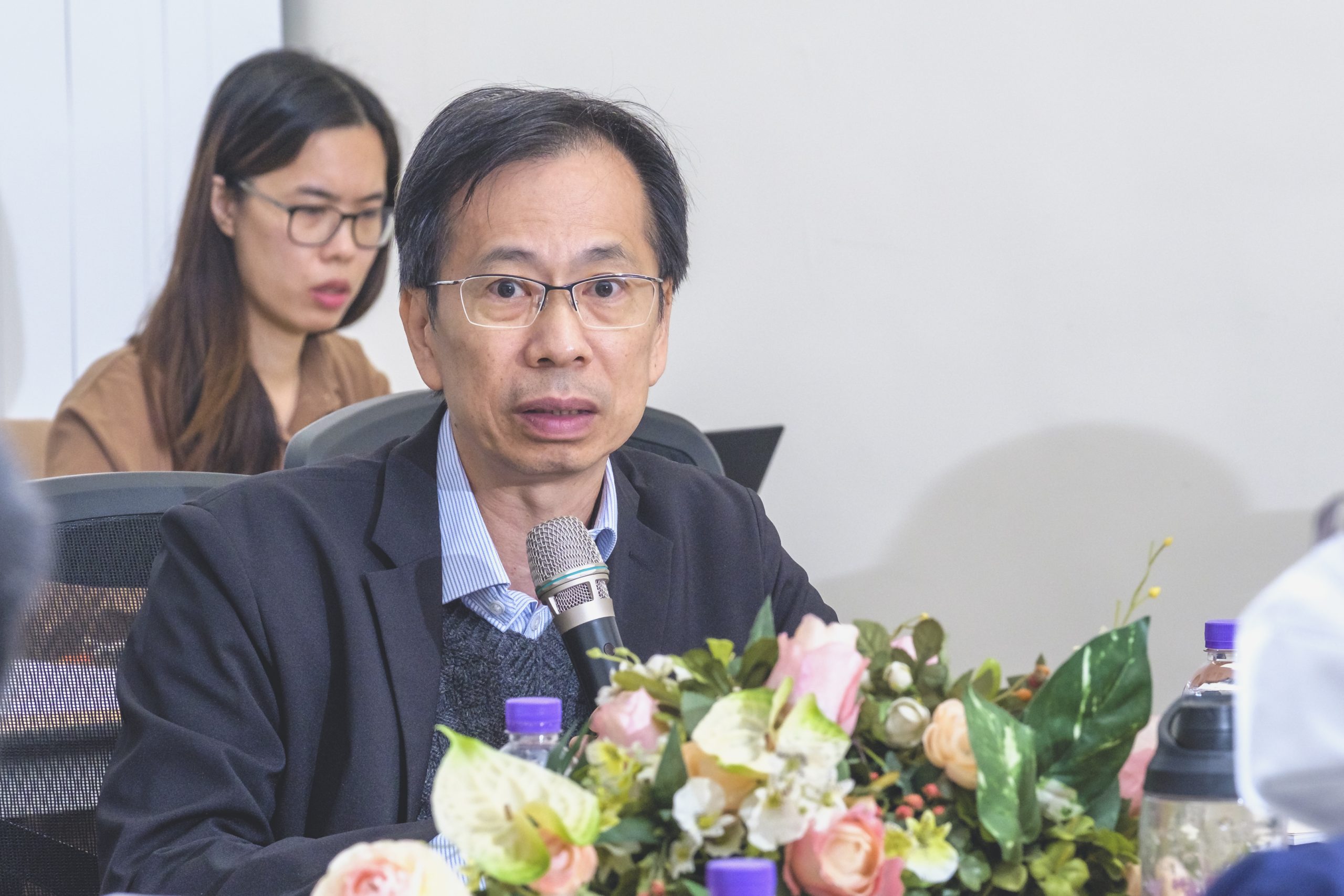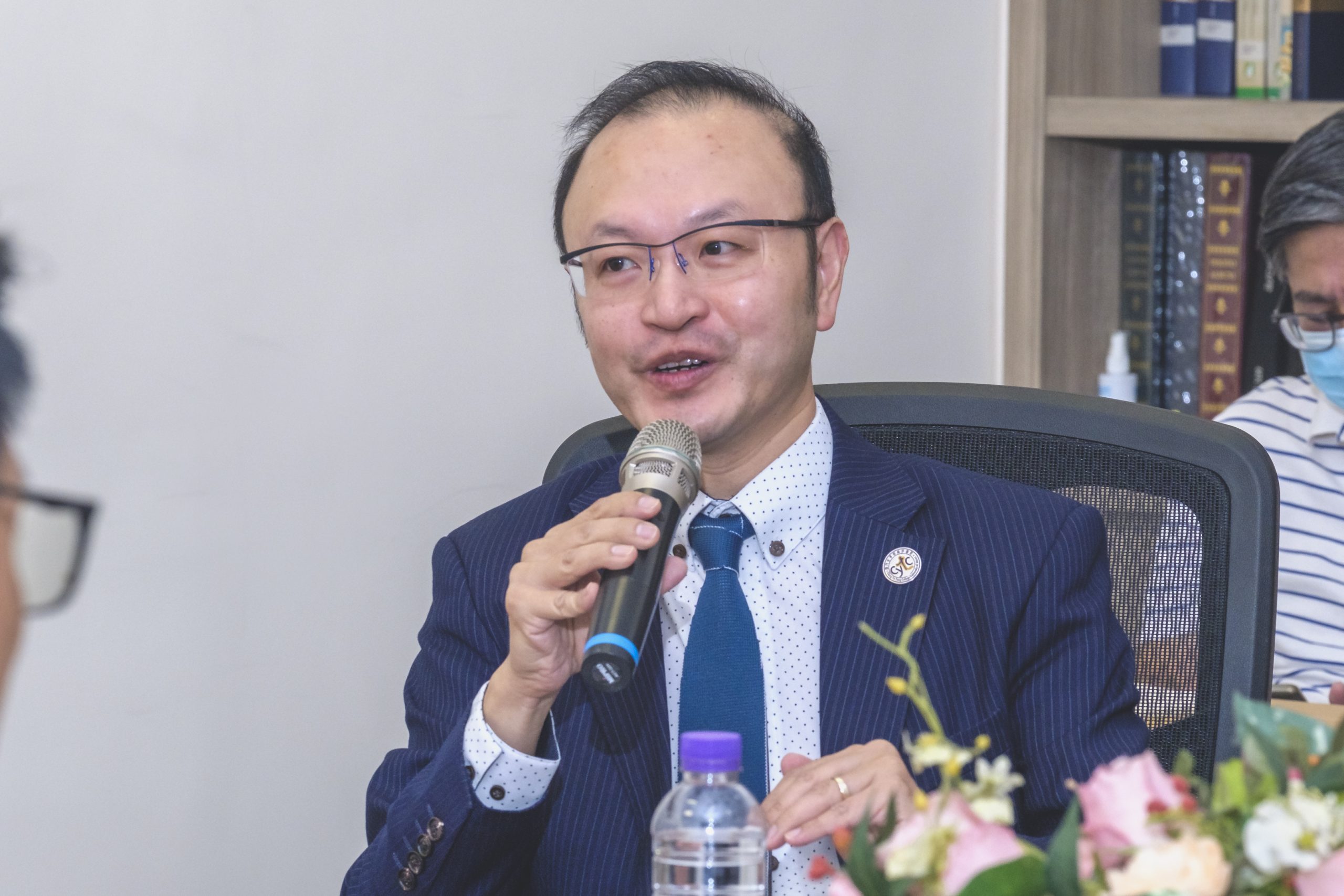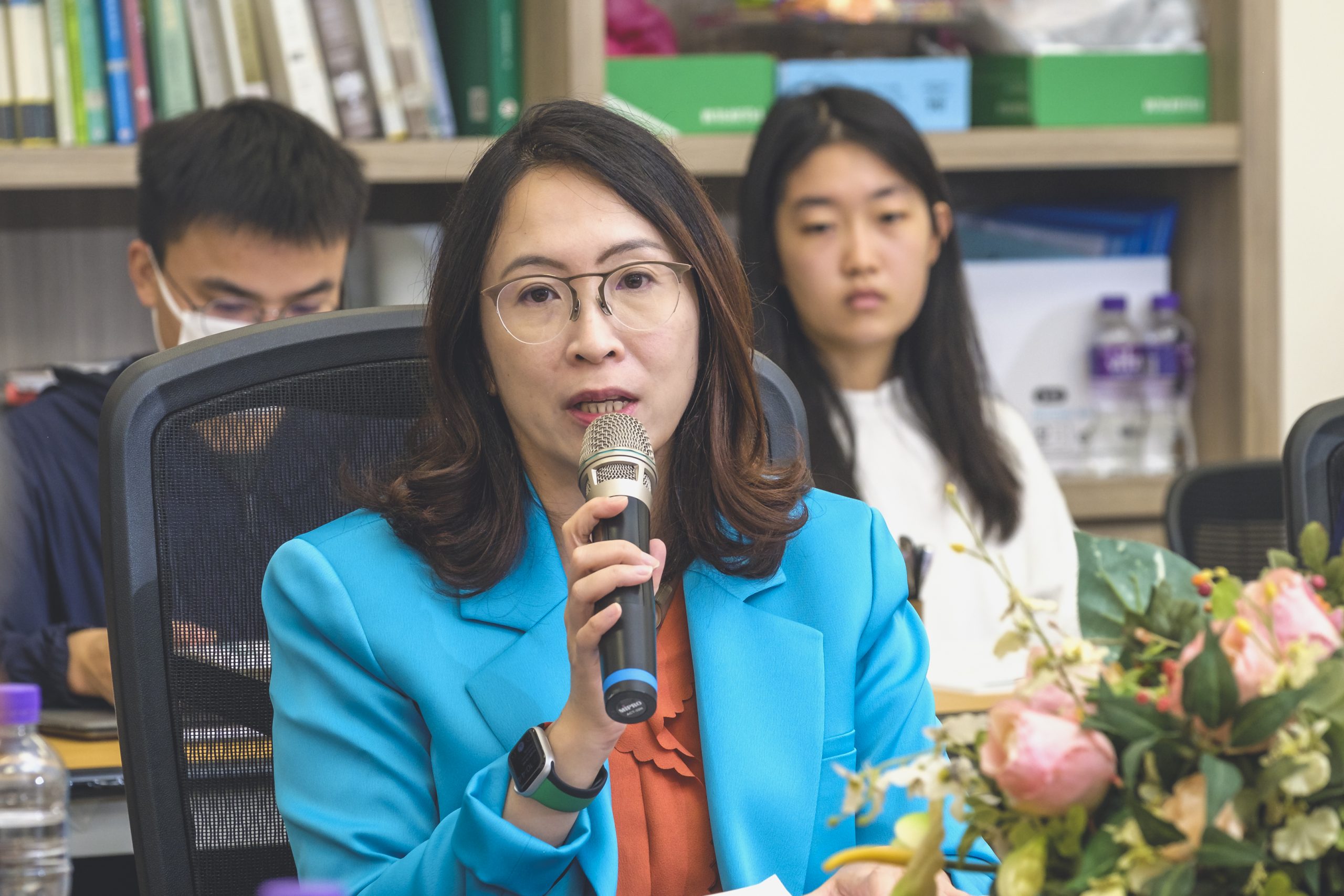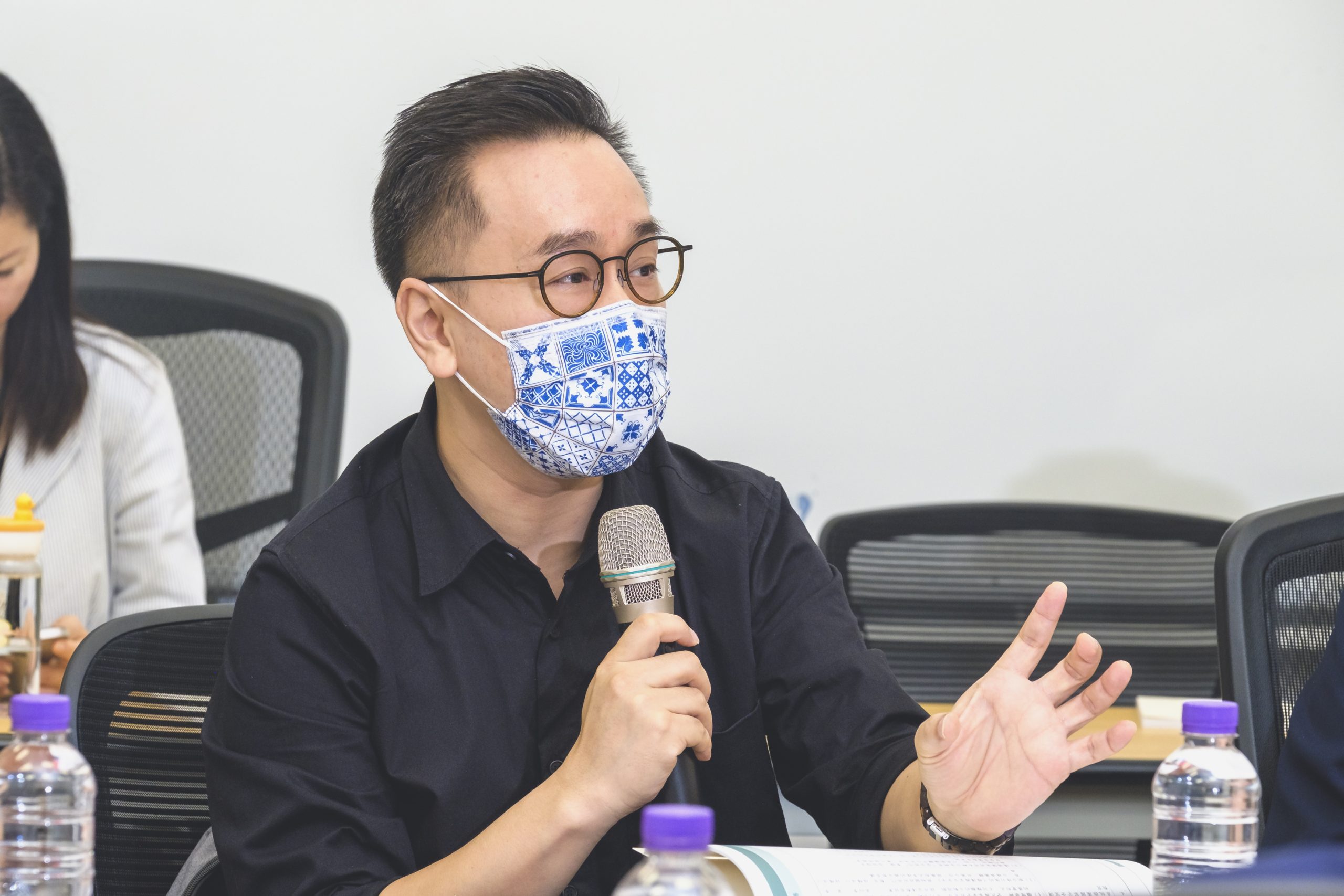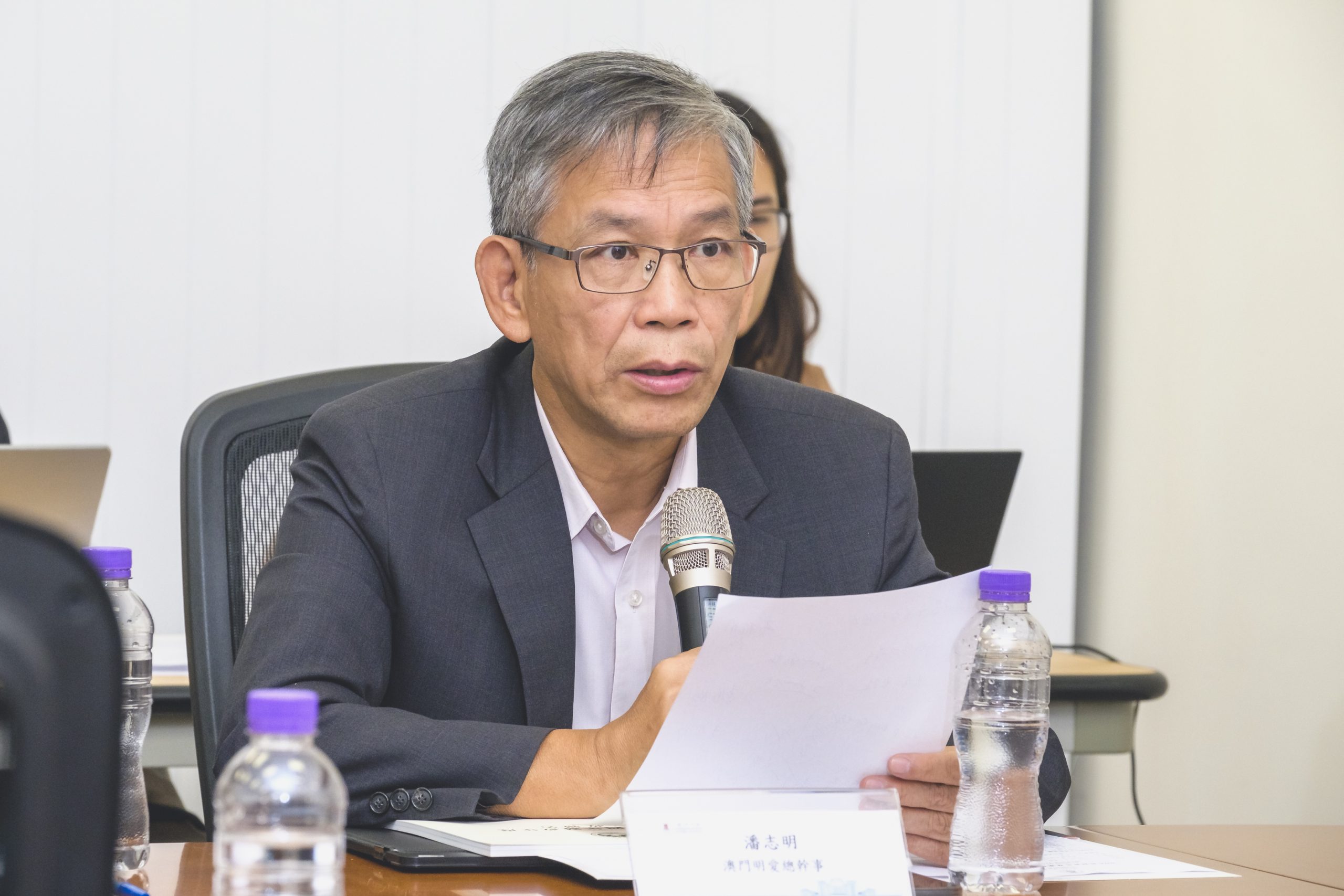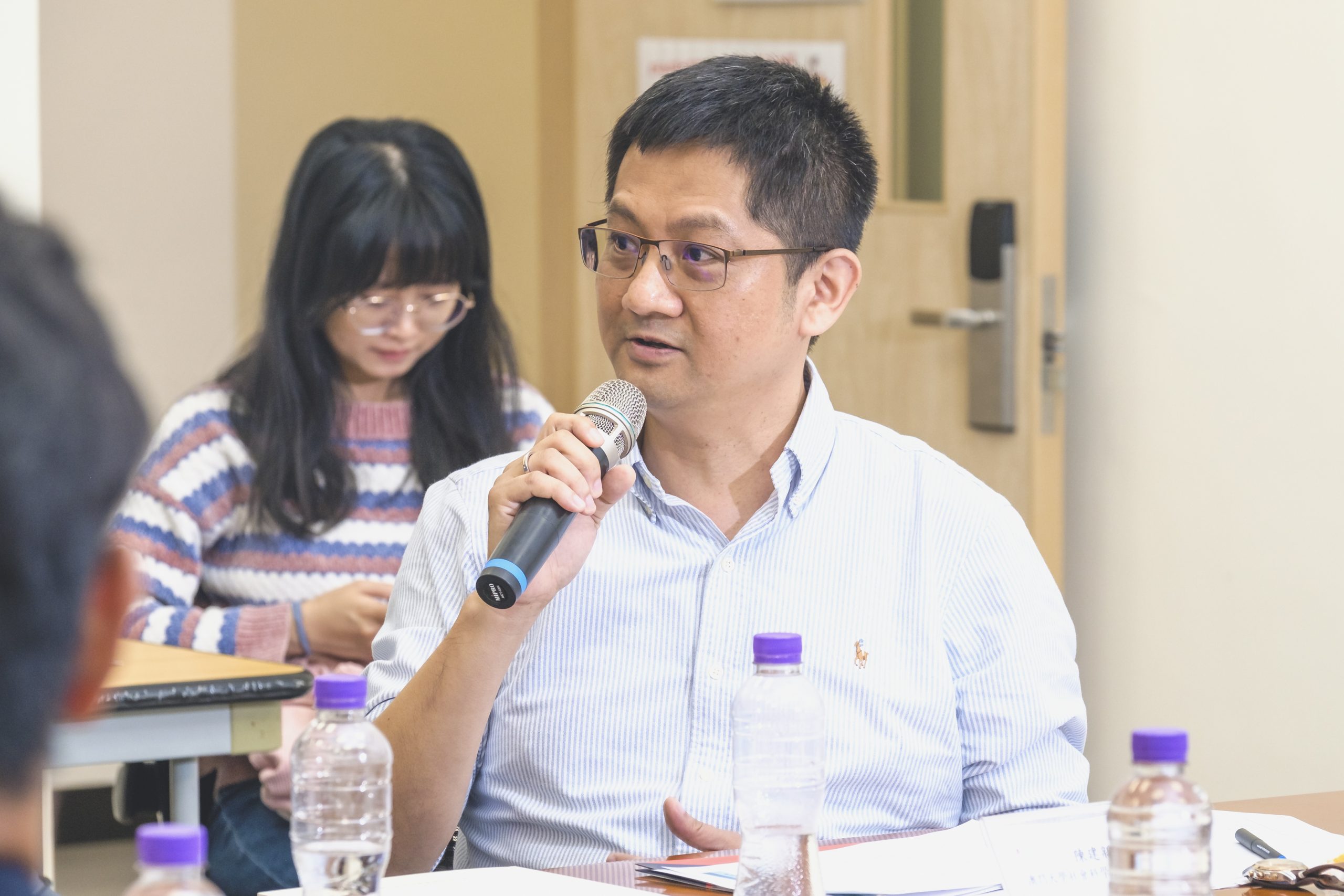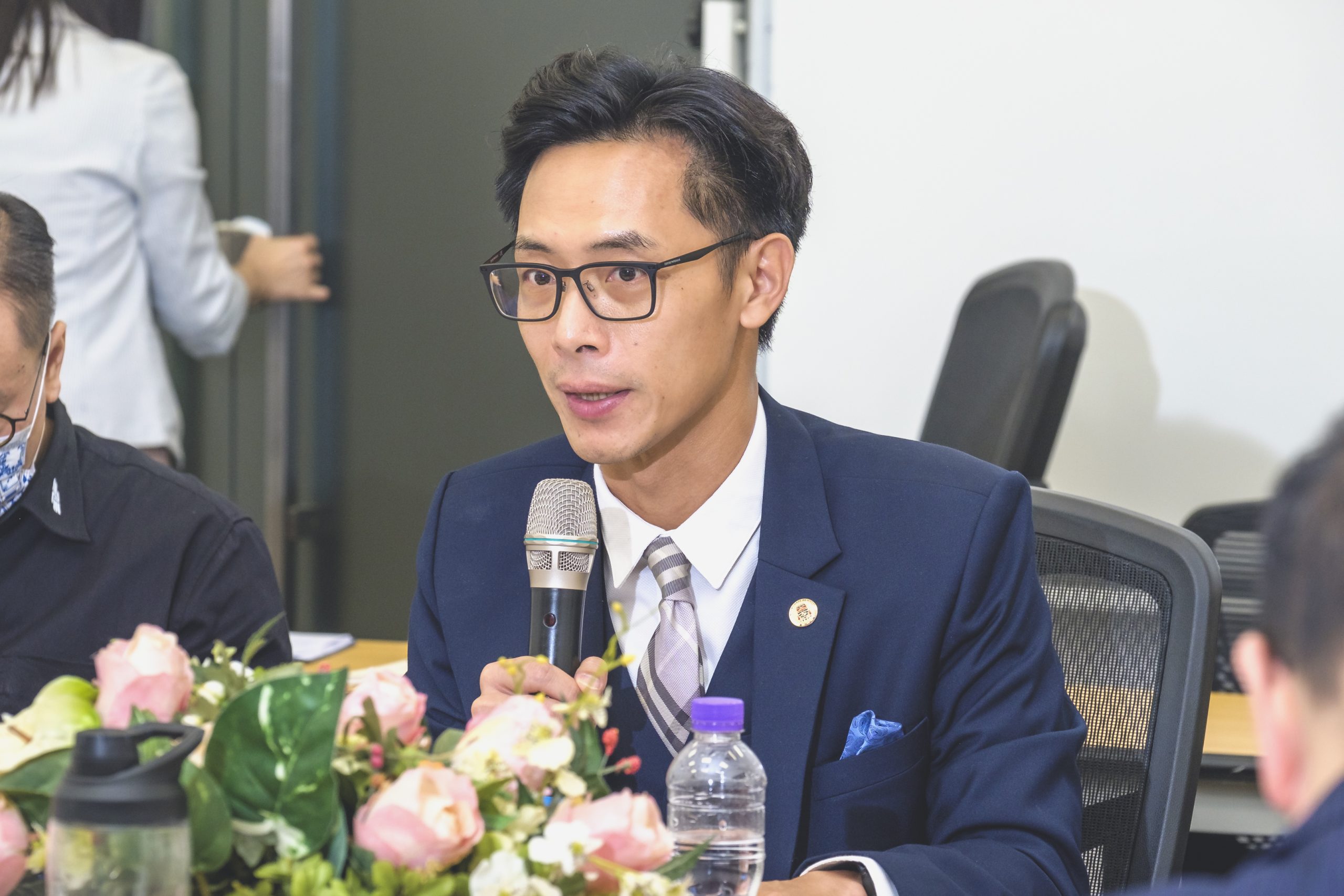The University of Macau (UM) Centre for Macau Studies (CMS) (15 November) held a seminar on the Policy Address for the Fiscal Year 2024 of the Macao SAR, inviting experts and scholars to discuss the 2024 Policy Address and to provide suggestions for the future governance of Macao SAR.
CMS Director Agnes Lam Iok Fong chaired this seminar.
During the seminar, experts and scholars endorsed the “conjunction of efforts, advancing with stability” direction in the policy address. They considered the “1+4” industrial policy, the Hengqin-Macau integration, and various infrastructure projects as continuations of policies from past years. The orderly progress of these initiatives is seen as beneficial for Macao’s future social development. The newly proposed ideas of transforming Macao into a “City of Spectacle” and the “Revitalization of the Old District” received numerous responses.
According to Tong Kai Chung, president of the Macau Institute of Management, believed that the central idea of this policy address “Conjunction of efforts, advancing with stability” focuses on post-pandemic economic and social recovery, which aligns with the future global high-interest rate environment. He stated that this address has put national security as the main priority. In addition, he indicated that the “1+4” industrial policy has a clear layout, and it is a reasonable arrangement in incorporating the small and medium-sized enterprises and the community economy. However, he suggested that the community economy should be extended to other traditional communities, revitalize the old districts to prevent the infiltration of gambling elements and make full use of the nearby international aviation hub to attract international tourists.
Kwan Fung, assistant professor from the Faculty of Social Sciences, insisted that the policy address attempts to convey a message of striving for progress while ensuring stability. “Stability” refers to protecting people’s livelihoods through welfare support, housing policies, and support for small and medium-sized enterprises. It also emphasizes the consolidation of the results of the post-pandemic economic recovery, giving society greater confidence to make appropriate strides in the coming year. “Progress” focuses on economic development, particularly on an initial step toward diversifying economic development. Apart from continuous deliberation on emerging industries, this also involves deepening society’s understanding and participation in diversity. Exploring measures to attract international tourists seems to be a relatively straightforward short-term development path for 2024.
Lei Chun Kwok, associate professor from the Faculty of Business Administration, focused on macroeconomic policies. He believes that the policy addresses over the years have initiated a series of policies on land resources, human resources, attracting investment, and diversified industries, all under the guidance of national strategies. Regarding the attraction of future visitors, especially in terms of expanding international visitors, he pointed out that the recovery progress of the high-spending Northeast Asian tourist market in Macao is still relatively slow after the pandemic, and the government should pay attention to the recovery situation of this market. In addition, in the current high-interest environment, the high cost of borrowing could potentially impact Macao’s bond market.
According to Lok Man Hoi, associate professor from the Faculty of Science and Technology, concerned with urban construction policies. He believed the policy address continues last year’s related construction projects in an orderly manner. However, he pointed out there is an obvious contradiction between the initiatives of “Northbound Travel for Macao Vehicles” and “Increasing the popularization of electric vehicles”. “Northbound Travel for Macao Vehicles” encourages residents to buy vehicles, but the electric vehicle market may not necessarily meet the needs for residents’ preferred car model. The objective of the address to “boosting the proportion of new energy vehicles to seventy percent” is a bold concept, which certainly requires supportive policies. He also looks forward to the implementation and enforcement of future environmental emission standards.
Wong Seng Fat, associate professor from the Faculty of Science and Technology, analyzed nine aspects: the elderly industry, urban planning, cultural industry, sport industry, Chinese-Portuguese industry, tech industry, talents and professionals planning, popularization of technology and science, and air logistics. Among these, he emphasized the cultivation and preservation of core talents in each industry, issues related to production transformation and innovation, the extensibility of science popularization concepts and products in middle schools and universities, and the logistics effects of airports and the Hong Kong-Zhuhai-Macau Bridge. Furthermore, he stressed that the authority should expedite the construction of the Fifth Bridge to assist Macao-Taipa Bridge in solving the development issues posed by the urban construction.
So Siu Ian, associate professor from the Faculty of Business Administration, affirmed the diversification of industries and the planning and development direction of the “1+4” industrial policy. However, she believes that the policy should comply with certain related policies for its implementation. On the topic of the “City of Spectacle”, she points out that Macao has an advantage in venue and facility configuration, but it needs to conduct market segmentation, balance the development of personnel, and leverage international opportunities to benefit the local market. In terms of the development of the “City of Sport”, she suggested that the market can be refined from “Sports and Culture” and “Sports and Tourism”. This approach involves choosing potential sports and strengthening related supervision. When it comes to revitalizing the old district, the creation and development of the six historical and cultural districts require exploring the unique characteristics and cultural significance of each district, avoiding uniformity. She also emphasized the need to consider the impact on livelihoods, perform periodic evaluations, and conduct constant reviews.
Lei Chin Pang, assistant professor from the Faculty of Social Sciences, believes that the revitalization of the six historical and cultural districts by gambling enterprises has both advantages and disadvantages. The advantages may be its efficiency and agility, but the disadvantages may be a long-standing lack of understanding of local culture, and difficulty in communicating with the public.In particular, over-commercialization of revitalization may have a negative impact on community and traffic. In addition, he believes that over the past decade or so, Macao has cultivated many talents related to entertainment who have achieved good results abroad. The policy of the “City of Spectacle” should focus on establishing related markets to preserve and attract these local talents.
Pun Chi Meng, executive director of Caritas Macau, is concerned about the overall development and welfare of young people in Macao. As the social pillars responsible for caring for the elderly, economic housing is not their first choice. Moreover, the commute to the new neighborhoods in Hengqin is not suitable for them. They also encounter competition from foreign talents, which is a major concern for the local youth in Macao. Therefore, the government should pay more attention to their situation. However, he believes that the decision to make the caregiver’s allowance permanent, as outlined in the policy address, will greatly benefit social services.
Chan Kin Sun, assistant professor from the Faculty of Social Sciences, pointed out that in addition to universal, targeted, and supplementary social security, the government could try more market-oriented social security policies like the recently introduced the apartments for the elderly. In the future, it could also consider offering market-oriented products such as finance and reverse mortgages. Moreover, more consideration could be given to linking apartments with urban renewal policies. He also believes that in the long-term development, Macao should focus on the connection with the cities in the western part of the Pearl River when developing high-tech industries in order to provide more development opportunities for Macao industries.
Sou Kuai Long, assistant professor (by courtesy) from the Faculty of Social Sciences, noticed the policy address focuses on the mental health of citizens. He stated that data shows that the tendency towards suicide has not fallen after the pandemic, and the happiness and life satisfaction of young people in Macao is below the average. This indicates that the overall population still encounters serious psychological pressure, and he anticipates the refinement and implementation of relevant policies. In addition, he believes that the revision of the education system is an opportunity. Apart from adding technological aspects in education, consideration for youth mental quality can also be included. Furthermore, he considered that the government should strengthen vocational and technical education and improve the public’s perception of the “technician” profession to attract more young people to consider it as a career path.

